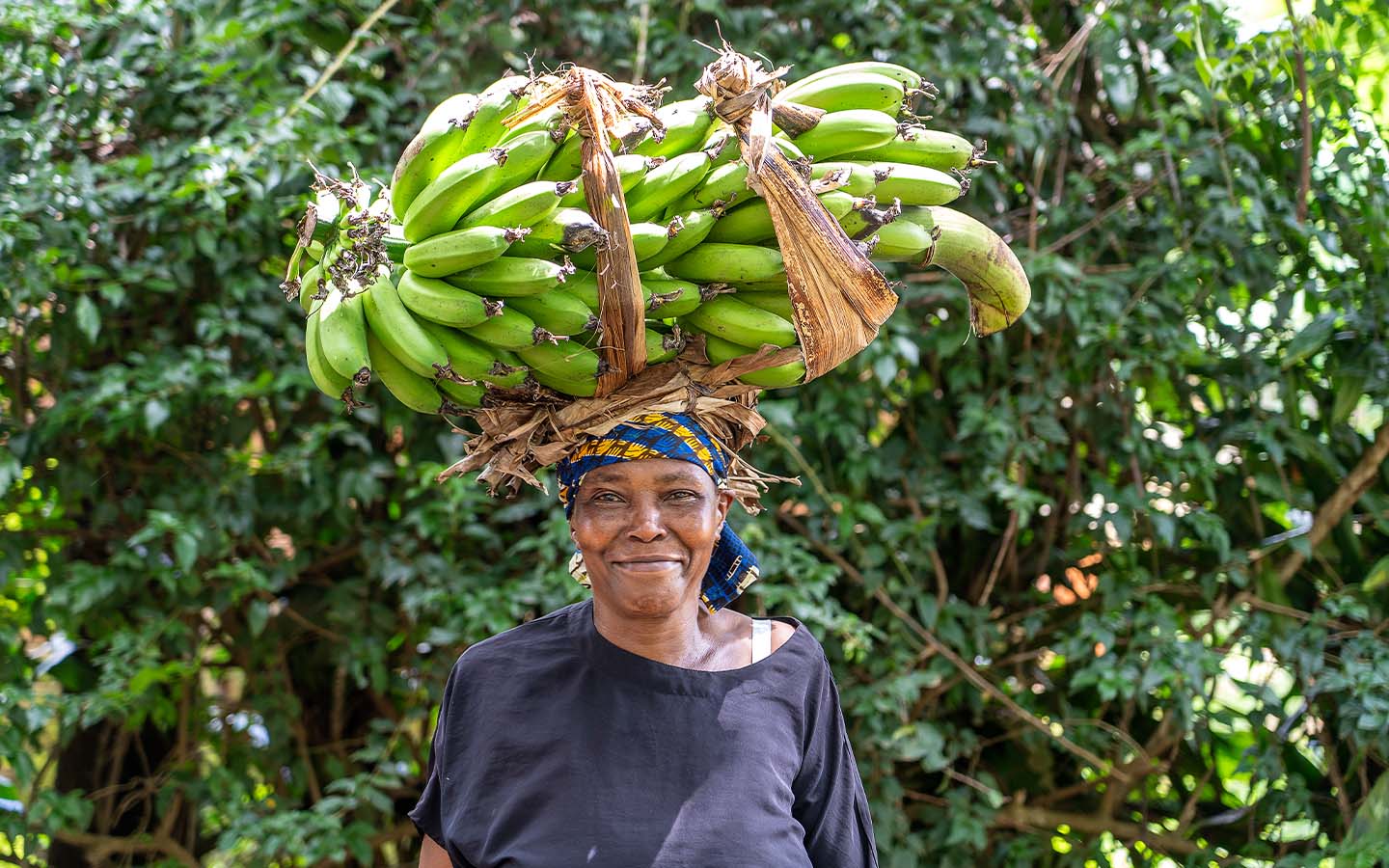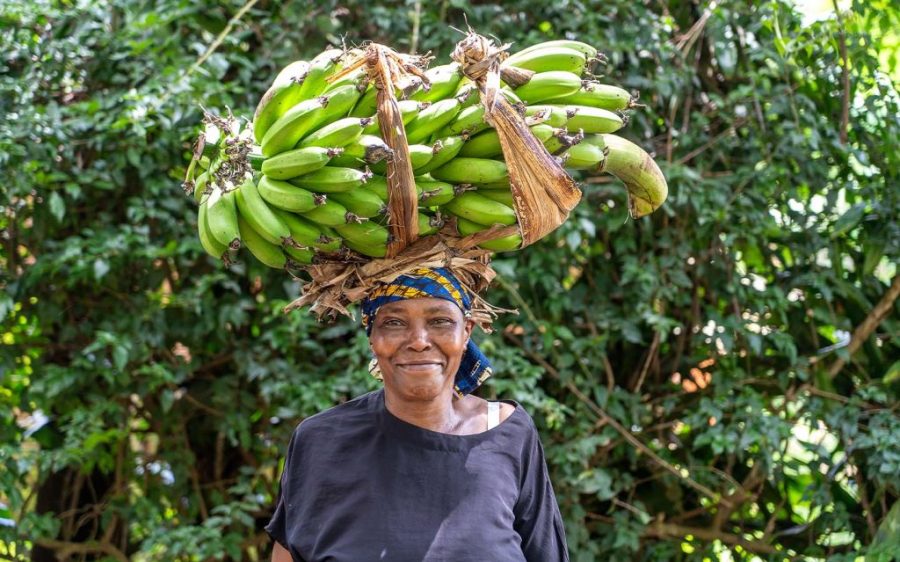Just two weeks on an African heritage diet can significantly benefit the immune and metabolic systems, a new study has found.
Economic growth, urbanisation and increased access to processed foods has led to a rapid adoption of Western dietary habits across Africa, as well as a rise in the type of lifestyle-related diseases prevalent in the West. According to a report in SciTechDaily, researchers from Radboud University Medical Center (Radboudumc) in the Netherlands and KCMC University in Tanzania partnered to investigate the health consequences of these dietary changes.
Their study of 77 healthy men in Tanzania, while small, showed the damage of Western-style diets – inflammation, weakened immune response, and activation of biological pathways linked to chronic diseases – can be mitigated by switching to a type of traditional African diet.
These findings, published in Nature Medicine, suggest that even just two weeks on the Kilimanjaro heritage diet – one rich in vegetables, whole grains, beans, dietary fibre and fermented foods, as the Chagga people of northern Tanzania eat – reduces inflammation and offers benefits to both immunity and metabolism.
Researchers cautioned that their findings may not hold for other heritage diets across the region, noting the sheer number of tribes, each with their own eating habits. “These heritage diets and their diversity really deserve more attention before they disappear, because I think we can really learn a lot,” lead author Dr Quirijn de Mast, an associate professor at Radboudumc, told Euronews Health.
[See more: Ultra-processed food is even worse for you than you think]
The 77 men were split into four groups. One group of rural men who followed the traditional diet switched to a Western-style diet full of processed foods and salts, eating foods like white bread and fried chicken. Urban men were split into two groups, one foregoing their Western-influenced diet to follow the traditional Kilimanjaro heritage diet and the other adding mbege, a fermented banana drink with a low alcohol content (3 percent at most) to their diet. A fourth control group continued to eat their regular diet.
Researchers comprehensively analysed immune system function, blood inflammation markers and metabolic processes at three key points: baseline, after the two-week intervention and four weeks later.
Where the men who switched to a Western diet recorded indicators of weakened immune response, increased inflammation and potential early signs of lifestyle diseases, those who switched to the heritage diet or drank mbege showed a reduction in inflammation. Some of the changes in immune and metabolic profiles from these groups also persisted to the last measurement, suggesting that even short-term interventions can have a lasting impact.
Despite the benefits seen from mbege alone, researchers believe it is the interaction of different foods that makes the Kilimanjaro heritage diet so effective.
“It’s probably not one thing,” de Mast told Euronews Health. “I think it’s the entire diet.” De Mast also cautioned against incorporating the alcoholic mbege, recommending eating more fermented foods instead. Fermented foods and plant-based diets, the study notes, are increasingly recognised for their beneficial immune and metabolic effect. Some of the Kilimanjaro heritage dishes highlighted by the study include finger millet porridge with sour (fermented) milk and taro, and kiburu, a boiled plantain and kidney bean dish served with avocado.






